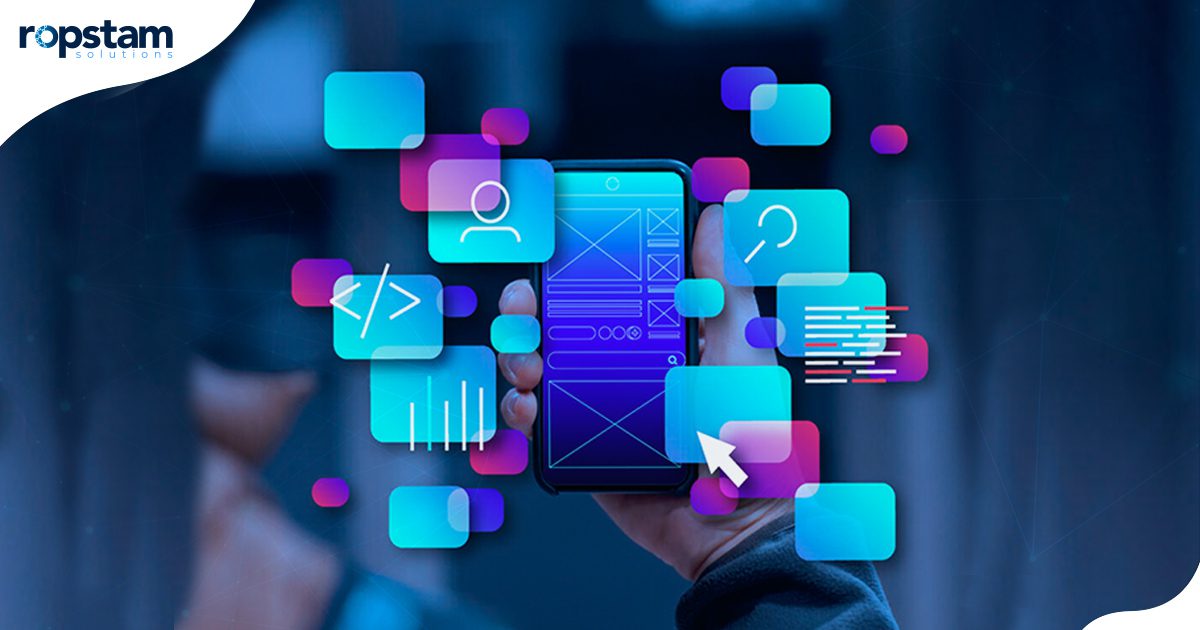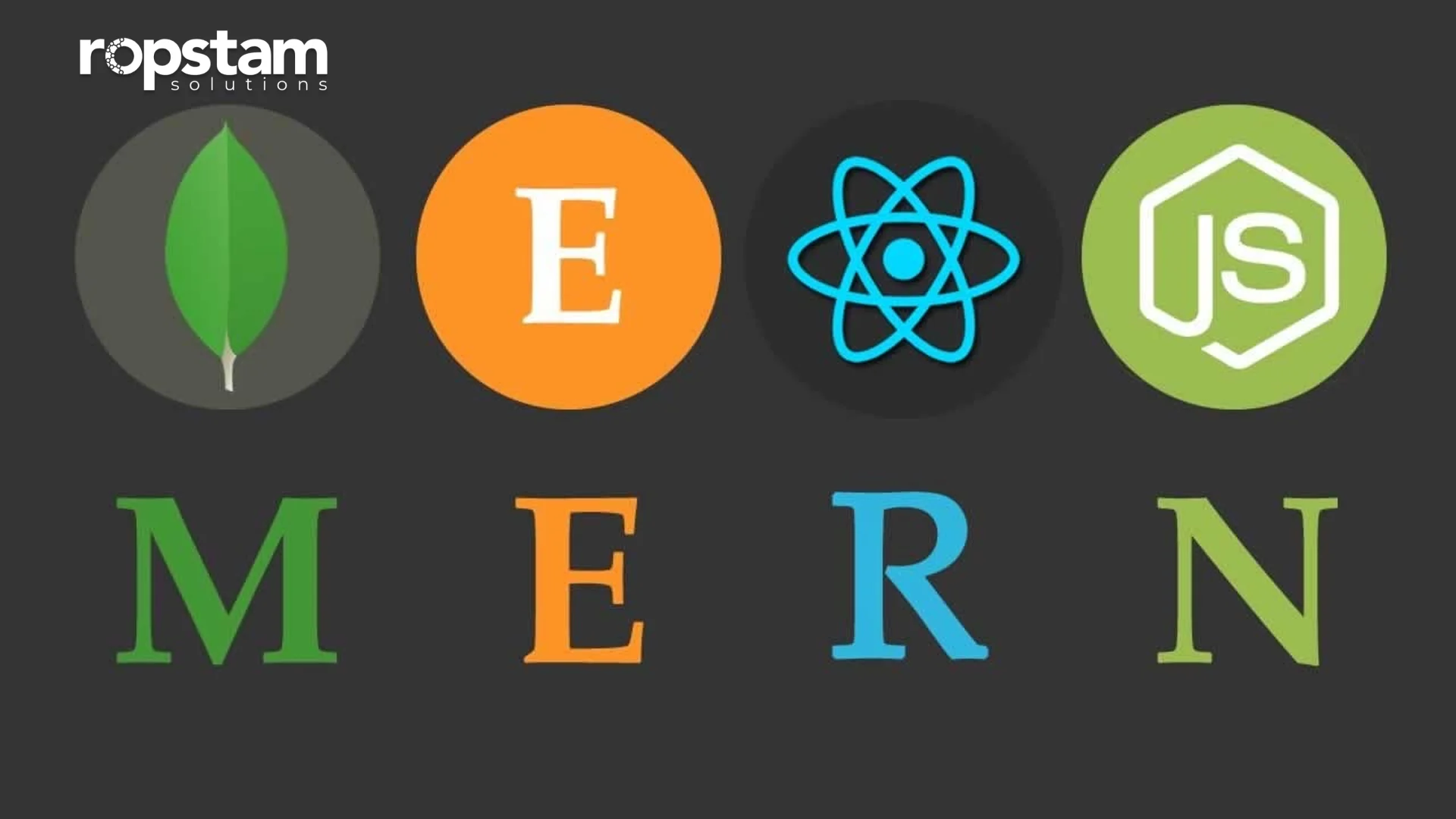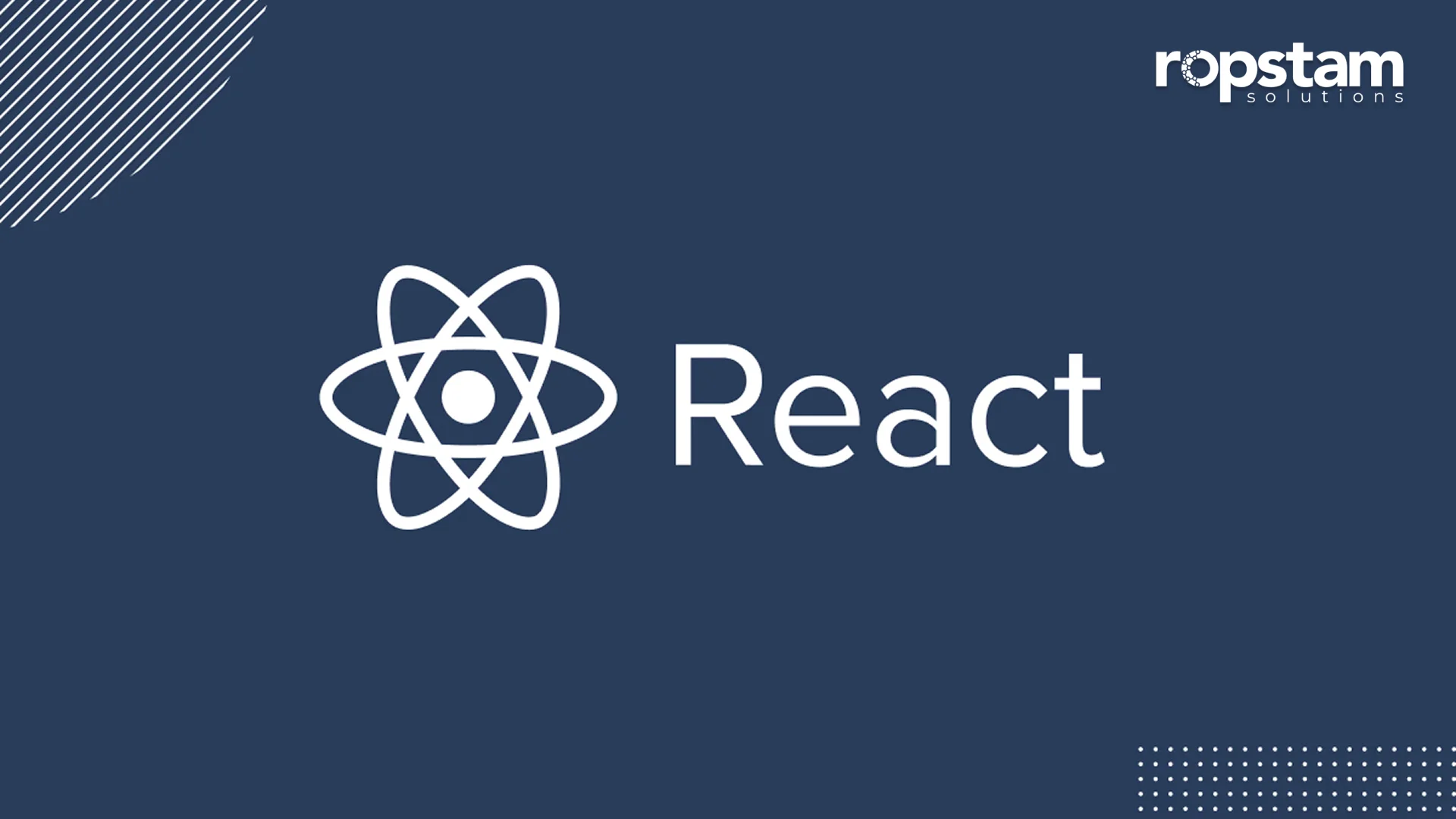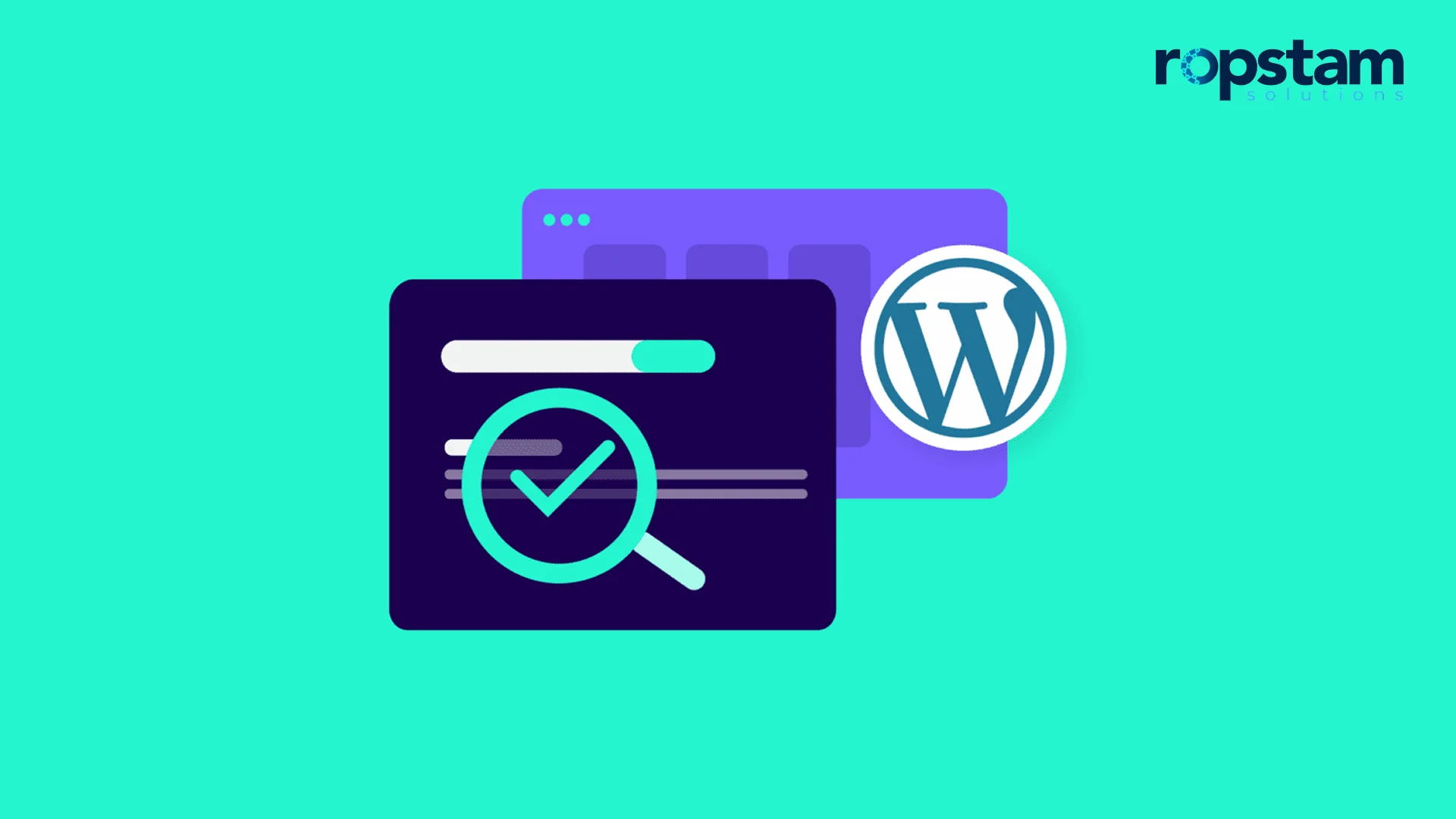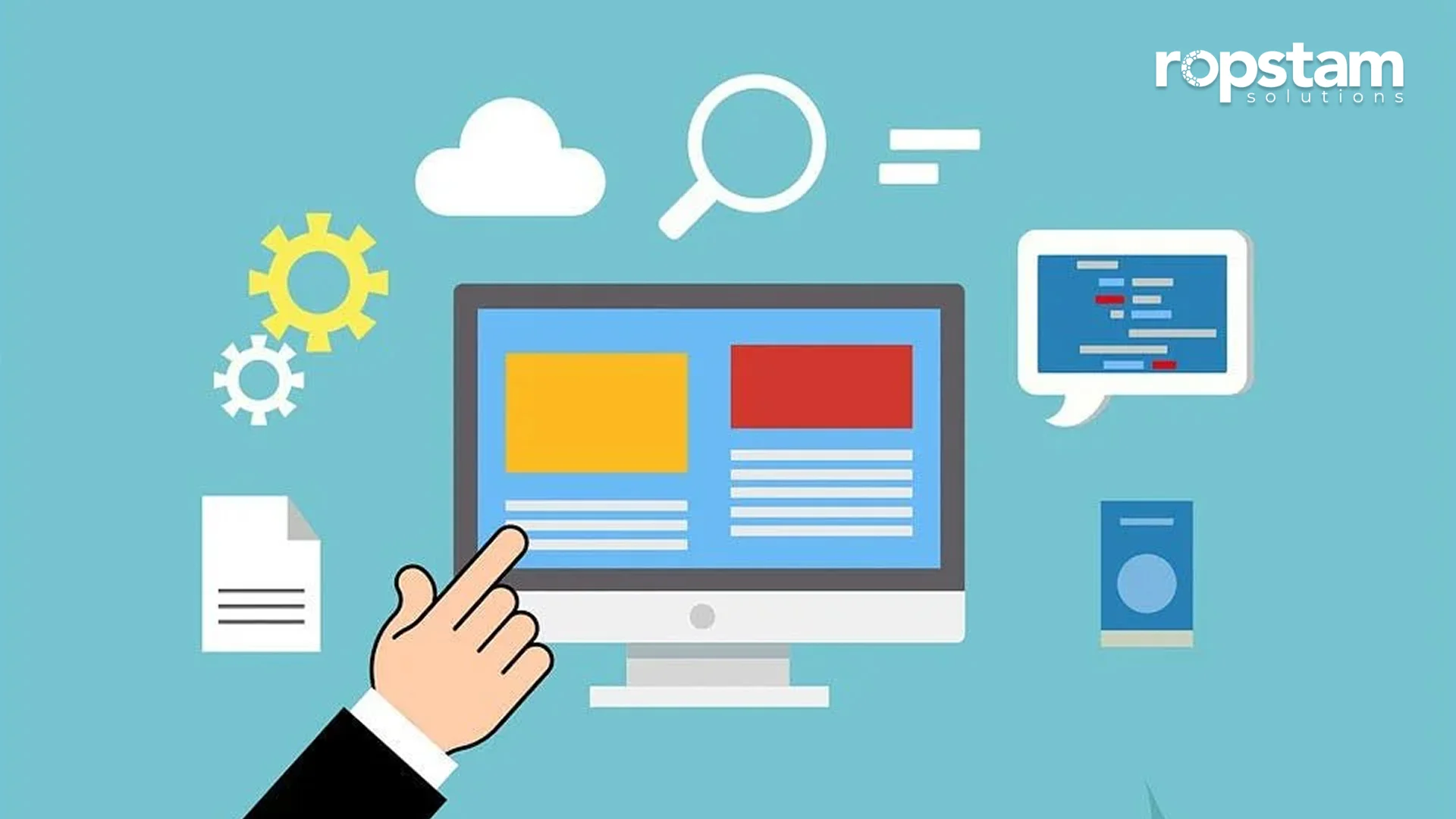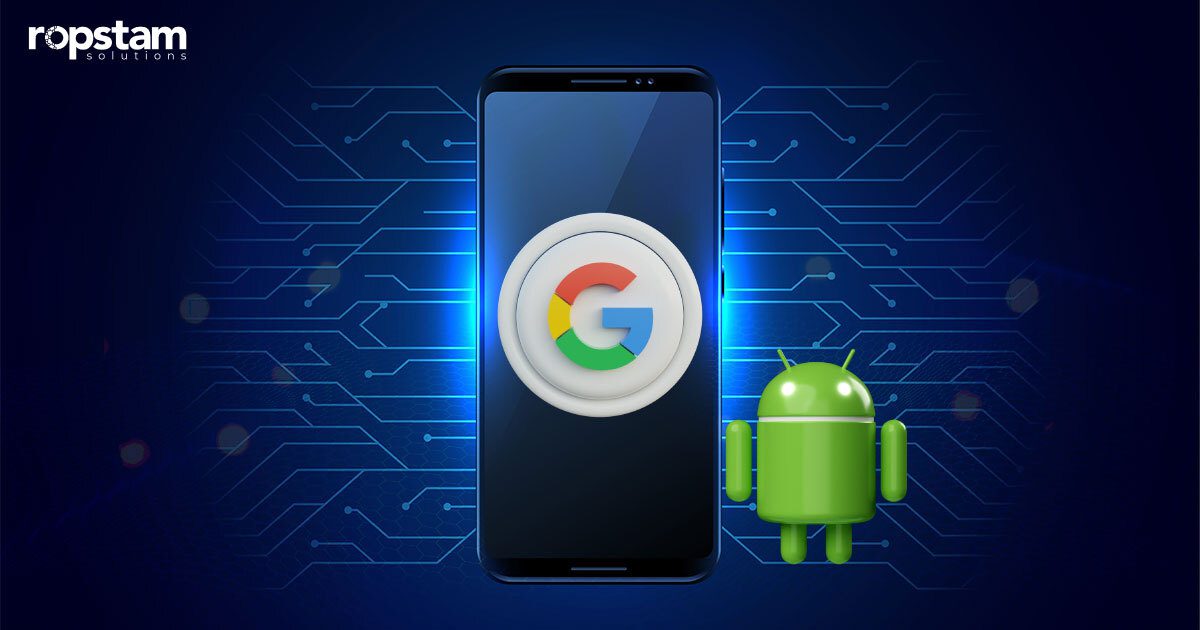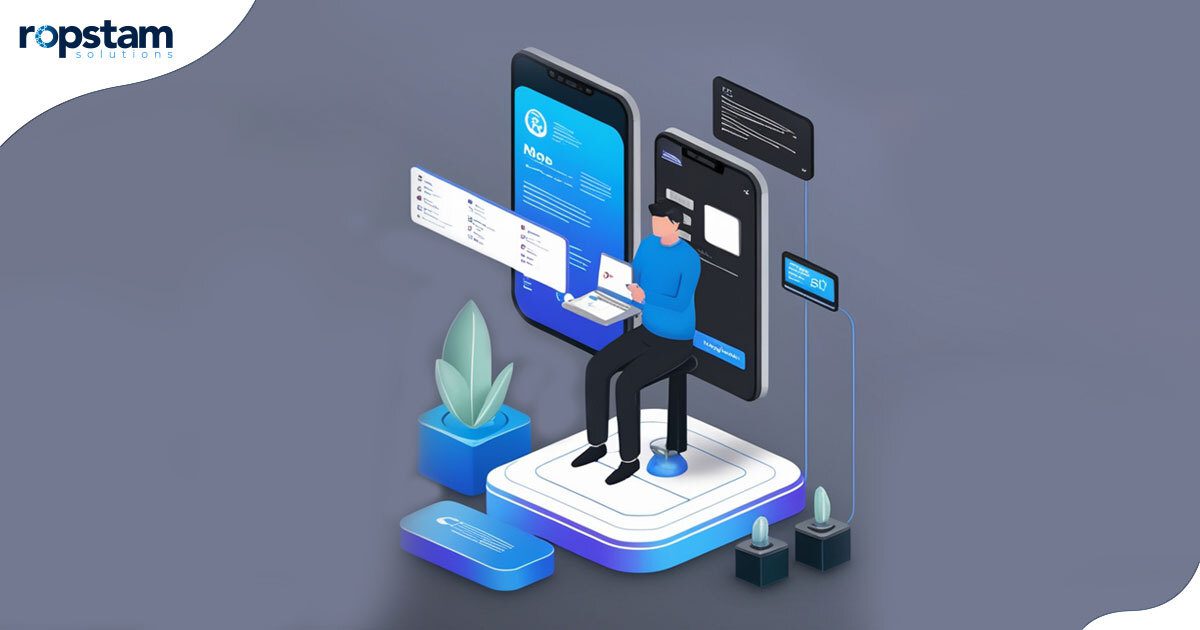The development timeline for a mobile app can vary significantly depending on several key factors. While a simple app can take a few months, complex projects can take over a year. Understanding the factors influencing development duration is crucial to ensuring a successful and timely launch.
How Long Does It Take to Develop a Mobile App?
The timeline for developing a mobile app is mainly affected by its complexity, the features required, and the platforms targeted. Generally, mobile app development can take three to nine months. However, more complex apps may need a year or more.
Initial Planning and Research
Every successful app begins with thorough planning and research. This stage, which involves defining the app’s purpose, target audience, and core features, is a crucial foundation for your app development journey. It also includes competitor analysis and market research to ensure the app meets user expectations. The time required here depends on the app’s complexity and the depth of research needed, but the more you invest in this stage, the more prepared and knowledgeable you’ll feel, setting the stage for a successful app development journey.
This whole process takes time between 2-4 weeks.
Designing and Prototyping
Design is a critical aspect that determines user experience and engagement. Wireframes and mockups are created to visualize the app’s layout and flow during this stage. Prototyping follows, allowing stakeholders to interact with a preliminary version of the app. The design process can take longer if multiple revisions are needed to perfect the user interface (UI) and user experience (UX).
This process takes almost 4 to 6 weeks to complete.
Developmental Process
Development is where the app’s features come to life. Depending on the app’s complexity, this stage involves front-end and back-end development, integration with third-party services, and API development. The duration can vary widely based on the number of features, the platforms (iOS, Android, or both), and the development methodology used, such as Agile or Waterfall.
This process takes almost 8 to 12 weeks to complete.
Testing and Quality Assurance
Each app is launched with rigorous testing. This stage ensures the app functions correctly across different devices and operating systems. Testing includes functionality tests, usability tests, performance tests, and security assessments. Identifying and fixing bugs is crucial; depending on the issues encountered, this process may extend the timeline.
This process takes almost 3 to 5 weeks to complete.
Launch Processing
After thorough testing, the app is ready for deployment to app stores. However, the development process continues after the launch. Post-launch activities include monitoring user feedback, fixing issues, and possibly rolling out updates. The time required for these activities depends on user responses and the need for additional features or improvements.
This process takes almost 1 to 2 weeks.
Types of Apps
Types of Apps: the time duration for app development can vary based on the type of app. There are three main types of apps: simple, average, and complex. Each type has its unique characteristics and development timelines. Understanding these types can help you estimate the time and effort required for your app development project.
Simple App Development
Developing a simple application, characterized by its fundamental functionalities and user-friendly interface, can often be achieved in a relatively short timeframe. These applications, such as calculators, timers, or essential note-taking tools, typically require minimal development resources.
Completion Timeline
The estimated timeline to build such apps expands between 3 to 6 months.
Key Factors Influencing Development Time:
- The extent and complexity of the desired features directly correlate with the duration of development. A more feature-rich application will naturally require more time to create. For instance, a simple app with a few basic features may take a few months, while a complex app with a wide range of advanced features could take over a year to develop.
- A well-defined and streamlined design can expedite the development process. A clear visual blueprint provides a solid foundation for efficient coding, giving you the confidence and reassurance that your app is on the right track and will be developed in a timely manner.
- An experienced and efficient development team can significantly reduce development time. Their expertise and efficiency will give you the confidence and reassurance that your app is in good hands, and that the development process is in control.
- Thorough testing is essential to ensure the application’s quality. While it can also extend the timeline, a comprehensive testing phase helps identify and rectify potential issues before release, giving you the confidence and security that your app is of the highest quality and ready for a successful launch.
Average App Development
The most common type of app development project involves developing average apps with moderate features and complexity. These apps range from social media platforms to e-commerce stores or simple gaming apps.
Completion Timeline
The typical timeline to build such apps expands between 6-12 months.
Key Factors Influencing Development Time
- The more intricate the app features are, the longer the development time.
- Developing iOS and Android platforms can extend the timeline, as developers need to create separate app versions for each platform.
- The complexity of the backend systems, such as databases and servers, can also impact development time.
- Integrating external services, like payment gateways or social media APIs, can add to the project duration.
Complex App Development
Developing intricate applications with advanced features, sophisticated user interfaces, or extensive integrations demands a substantial investment of time. Examples of such complex apps include enterprise-level software, augmented reality (AR) and virtual reality (VR) experiences, or highly customizable platforms.
Completion Timeline
The average timeline for developing such applications extends beyond 12 months.
Key Factors Influencing Development Time
- The complexity of the app’s features and functionalities directly impacts the development time.
- Apps with stringent security requirements demand robust measures to protect sensitive data.
- Building apps with scalability in mind to accommodate future growth and increased user loads requires careful planning and implementation.
- Highly customized features can significantly extend development time, often requiring precise attention to detail and unique development strategies.
Tips to Speed Up the Development Process
- Start with a clear set of requirements to avoid scope creep and unnecessary delays.
- An experienced team can navigate challenges more efficiently, reducing development time.
- Agile practices allow for faster iterations and adaptability to changes without derailing the timeline.
Other Factors That Affect Development Time
App Complexity
The more features your app has, the longer it will take to develop. Simple apps with basic functionalities may take less time, while complex apps with advanced features, like real-time updates, third-party integrations, or complex databases, can significantly extend the timeline.
Platform Selection
Platform Selection: developing for a single platform, like iOS or Android, can be quicker than creating a cross-platform app. However, cross-platform development tools can streamline the process, potentially saving time. The choice of platform can significantly influence the development time, as each platform has its unique requirements and development processes.
Design and User Experience
The design phase is a crucial part of the development process. It involves creating wireframes, user interfaces, and user experiences that align with your target audience’s expectations. A well-thought-out design can prevent costly revisions and ensure a user-friendly interface, but it does add time to the overall development process.
Development and Coding
This phase is the heart of mobile app development. Depending on the app’s complexity and the coding practices, this stage can take several weeks to months. Agile development practices can help manage time more effectively, allowing for iterative improvements and faster turnarounds.
Testing and Quality Assurance
Rigorous testing is essential to ensure the app functions smoothly on all targeted devices. This phase includes functionality tests, usability tests, performance tests, and security assessments. Quality assurance can take several weeks, especially if the app needs to perform seamlessly across multiple platforms.
App Store Submission and Approval
Submitting your app to apps like Google Play or the Apple App Store can take additional time. The approval process varies, with iOS apps typically facing a more stringent review process that can take up to a week or more.
Conclusion
Developing a mobile app is a detailed and time-intensive endeavor that demands thoughtful planning, effective collaboration, and patience. While rushing the process is tempting, rushing can compromise the app’s quality and result in a less-than-ideal user experience.
By familiarizing yourself with the critical stages of app development and the various factors that affect the timeline, you can establish realistic expectations and partner closely with your development team to bring your vision to fruition. Remember that a carefully planned and meticulously executed app is better at thriving in the competitive market. So, invest the time and effort needed to get it right.

